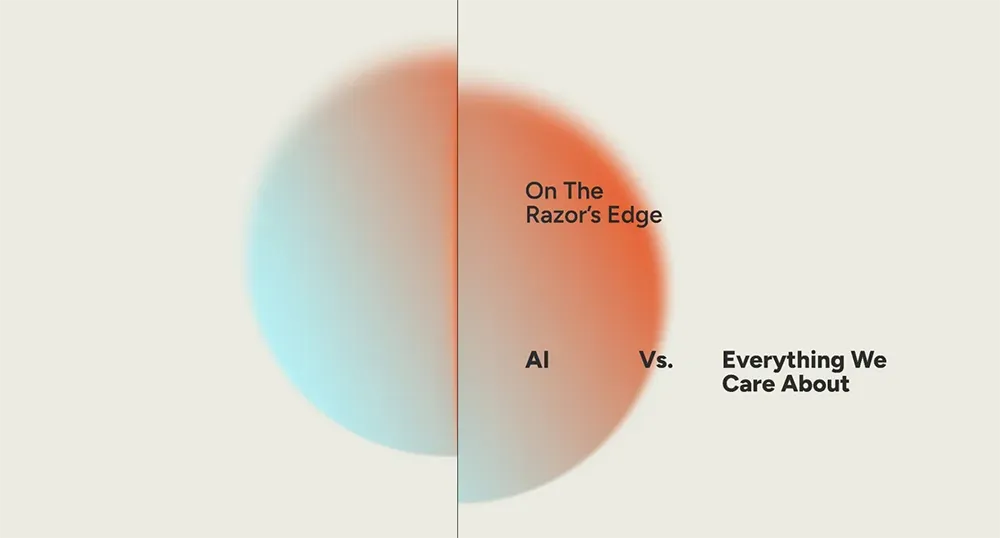AI-Powered Crime Gangs: When Technology Meets the Underworld

Forget cyberpunk dystopias — AI is now the underworld’s favorite crime boss, and it’s coming for your wallet.
In a rapidly shifting criminal landscape, organized crime syndicates in Asia are leveraging AI, cryptocurrency, and messaging platforms like Telegram to expand their operations.
A UN report highlights the emergence of a "criminal service economy," where underground markets offer AI tools for fraud, money laundering, and deepfakes. These new technologies have turbocharged the scale and sophistication of criminal networks, making traditional crime-fighting methods look archaic by comparison.
Criminals are using AI to automate complex tasks such as coding malware, laundering money, and running social engineering scams. Deepfake-related crimes, for instance, have skyrocketed by over 1,500% between 2022 and 2023, fueled by AI that generates realistic but fraudulent images and videos. The number of deepfake ads on platforms like Telegram surged by 600% in just six months of 2024, enabling crime groups to deceive with increasing precision.
Cryptocurrencies, particularly stablecoins like Tether (USDT), are facilitating these illicit activities. Nearly 45% of all illicit cryptocurrency transactions occur on the TRON blockchain, with stablecoins enabling shorter scam cycles and faster laundering processes. The report reveals that the average duration of scams has dropped from 271 days in 2020 to just 42 in the first half of 2024, as criminals pivot to faster, more targeted operations.
Messaging apps like Telegram serve as the backbone of these operations, offering a relatively unregulated space for criminals to buy, sell, and coordinate their activities. Despite recent efforts by governments to crack down—such as arrests and forced removal of content—these platforms remain a haven for illegal activities, with minimal accountability.
As these crime networks grow more technologically savvy, the question looms: can governments adapt fast enough, or will organized crime stay one step ahead in the digital age?
Read the full article on The Register.
----
💡 We're entering a world where intelligence is synthetic, reality is augmented, and the rules are being rewritten in front of our eyes.
Staying up-to-date in a fast-changing world is vital. That is why I have launched Futurwise; a personalized AI platform that transforms information chaos into strategic clarity. With one click, users can bookmark and summarize any article, report, or video in seconds, tailored to their tone, interests, and language. Visit Futurwise.com to get started for free!






